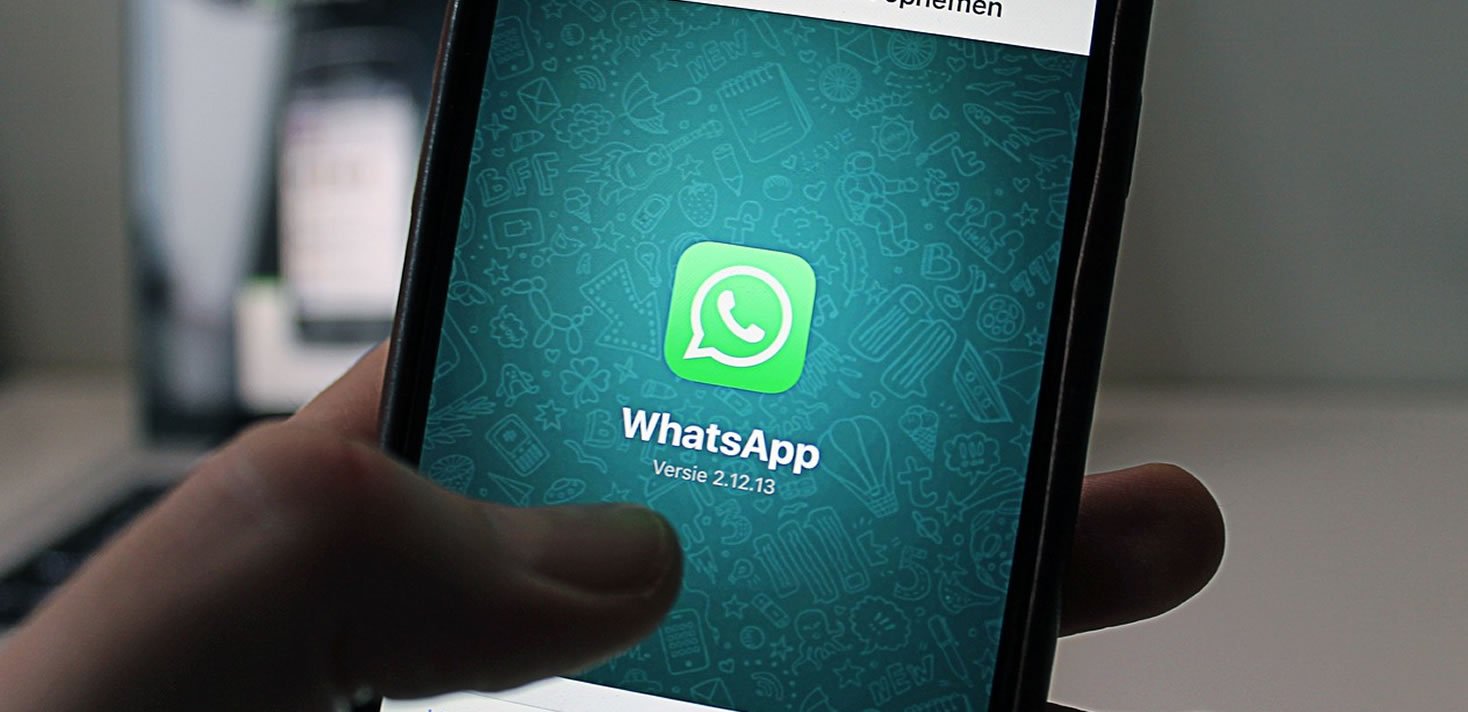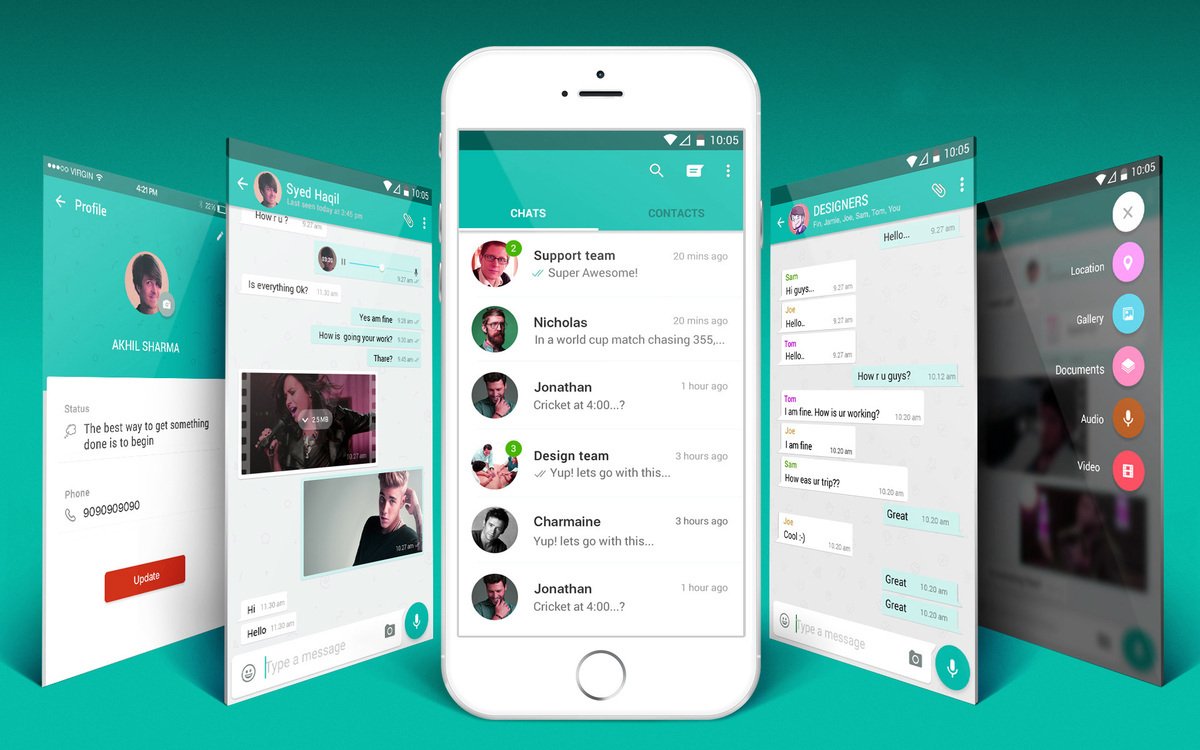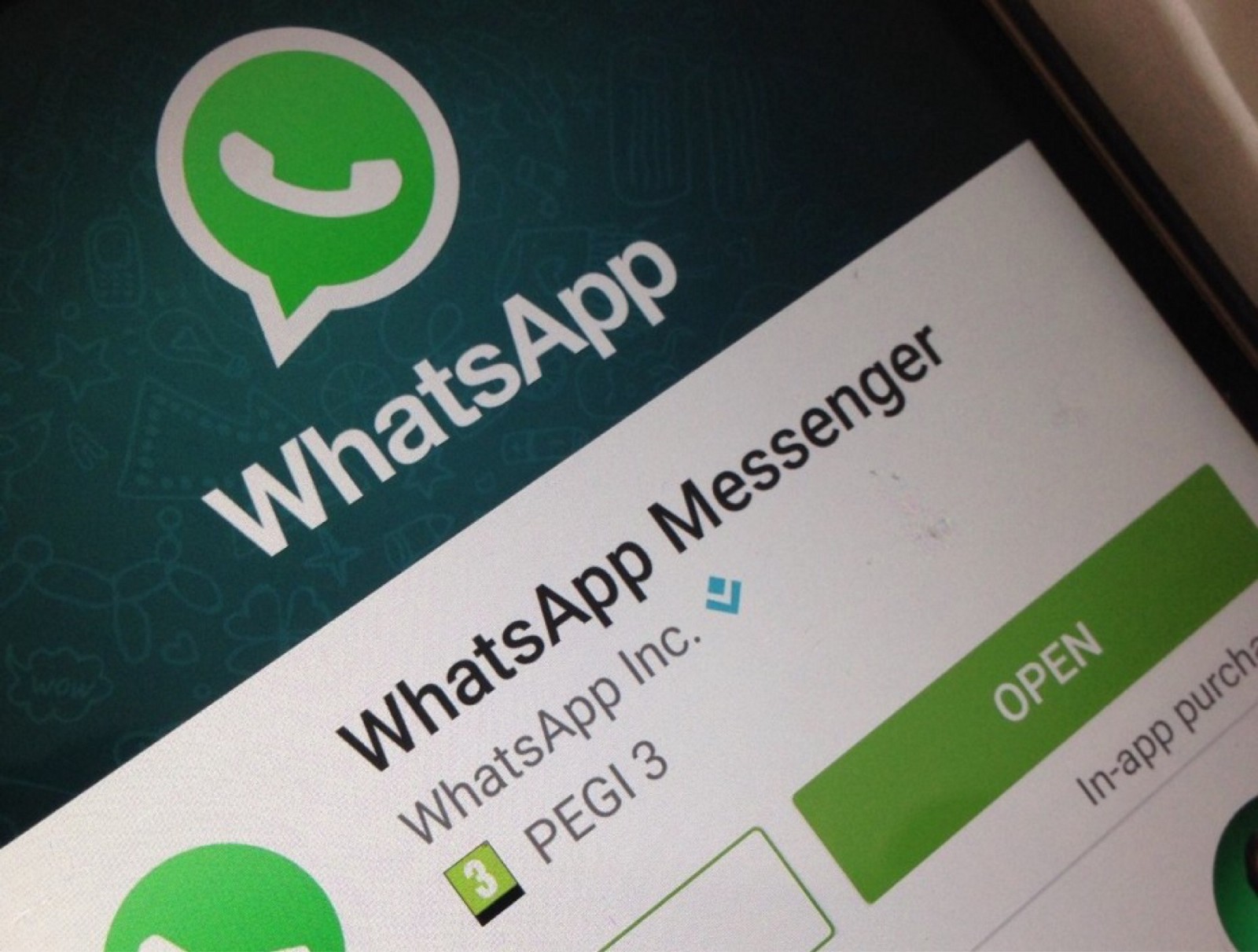WhatsApp is renownedly one of the most popular instant messanging softwared out there.
Nowadays, many platforms allow users to chat, share contents photos and videos and call in real time and at very low costs – or even for free. Among these are Telegram, Messenger and the “pioneer” Skype.
WhatsApp, however, quickly outshone all other similar apps. In no small part thanks to its user-friendly interface and versatile features.
The Socials blackout on March 13th proved how more and more people rely almost entirely on WhatsApp to contact friends and acquaintances.
Many “modded” versions of WhatsApp are also available, exploiting its name and technology without any involvement from the original developers.
However, these unauthorized apps may pose a serious threat to the users privacy and security.
WhatsApp wages war on its mods and clones
Henceforth, WhatsApp took a very firm stance against its many clones and mods.

From March 2019, the popular messanging app is introducing new and stricter security measures.
Users of “third party” applications will get a ban on their accounts.
The service will be unavailable, leaving users only a way out; contacting the Customer Assistance. Where they’ll receive detailed instructions on how to remove the cloned applicatons and install WhatsApp “proper”.
Cloned apps and any kind of modding, according to WhatsApp developers, represent a serious infringement to the Terms of Conditions regulating the app’s distribution.
How do I know if I’m using a WhatsApp clone?
What are the cloned apps that set off the developers alarm to the point of barring their use for good?
Pretty much all those versions that promise extra services and features not found in the “traditional” WhatsApp.

WhatsAppPlus is perhaps one of the most famous. This cloned app replicates the original WhatsApp down to a notch, from graphic to freatures. But it also offers some “premium” contents like allowing users to hide whether their messages have been seen. Likewise, with WhatsAppPlus you may sign up for up to four accounts at once.
GBWhatsApp is another modded version that won’t be available anymore.
Its additional contents include more privacy options, the option to hide whether the user is online as well as a customized app icon. There were also new emotions and emojis, and more storage space for photos, videos and voice messages.
If you think these apps and their special features are superior to the traditional WhatsApp, however. you’re in for a disappointment. Because these very same programs are also highly insecure.
Why it’s not safe to use modded apps?
Many users have been puzzled by such strictness toward the many WhatsApp mods.
These apps offer additional services that may be more useful or pleasant for the users. Why, therefore, we’re not allowed to run them on our devices?
The answer comes from WhatsApp’s own programmers and developers. Who hold no control whatsoever over these “third party” apps.
Cloned apps and mods are developed by independent sources who are going to have easy access to our personal and private informations.
Behind a modded app, there could be pretty much anyone. And that’s why users should stick only to the original version of the program.
The risk is to hand over carelessly a huge part of our life to strangers who could make any use of it.
But that’s not all. The greatest risk with modded apps involves users security.
Many of these softwares could be liable to contract malwares, viruses or other malicious add-ons.
The official WhatsApp is thoroughly updated to keep users as safe guarded as possible. Developers are constantly endeavoring to fix bugs or glitches, in order to keep the platform risk-free and secure against all threats.
Their efforts, however, do not extend also to the modded apps. Which are therefore exposed to threats and might represent a serious hazards to our portable devices.
This post is also available in:

